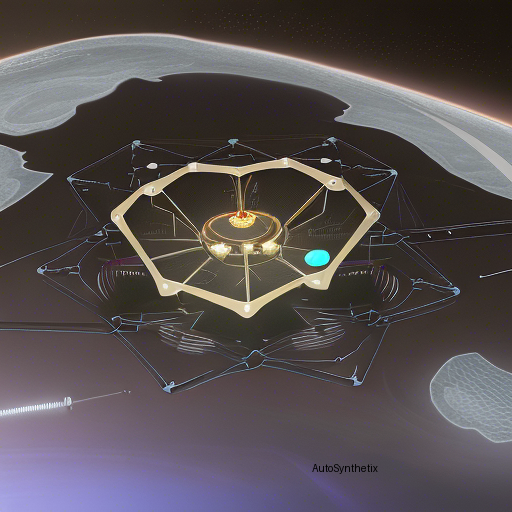The world of artificial intelligence (AI) has been evolving rapidly, particularly within deep neural networks (DNNs) applied to video analytics in cutting-edge autonomous systems like self-driving cars or drones. A recent breakthrough from arXiv research addresses significant hurdles faced by such technologies in practical implementation - namely, finite computational capacities, restricted battery life, and the need for efficient continuous learning processes. The innovative work, titled 'DaCapo: Accelerating Continuous Learning in Autonomous Systems for Video Analytics,' aims to redefine how we approach these issues through its ground-breaking cohesive design.
Traditional approaches towards implementing continual learning methods have fallen short in several key areas, primarily focusing excessively on computation requirements during retraining phases rather than considering the actual demands associated with inferences and labelling operations. Moreover, reliance upon high-performance but power-consuming Graphics Processing Units (GPUs) renders them impractical for use cases involving portable devices running solely on batteries. Additionally, conventional setups often involve a single centralized server designed predominantly for multi-user applications; posing potential risks concerning user confidentiality, connectivity instability, and substantial delays in response times.
In direct opposition to existing models, DaCapo proposes a harmonious blend of novel algorithms integrated seamlessly into dedicated hardware architectures. Its two primary components include a spatio-temporally partitioned accelerator capable of performing simultaneous tasks related to inferencing, labelling, and retraining at different levels of granularity according to individual kernel specifications. Furthermore, DaCapo employs a sophisticated spatial resource allocation strategy devised explicitly to navigate intricate tradeoffs between system performance optimization and preservation of energy efficiency while maintaining maximum possible accuracy.
Compared to other leading techniques in similar domains, such as Ekya and EOMU, experiments demonstrate DaCapo outshines both competitors significantly. With a notable boost in overall efficacy boasting approximately 6.5 percent more accurate outcomes against Ekya, alongside an impressive 5.5 per cent uplift compared to EOMU, DaCapo undeniably showcases superior proficiency without compromising on power consumption. In fact, its energy utilization pales in comparison, registering a staggering reduction rate estimated at roughly 254 times less than the competing methodologies.
As the realm of autonomy continues expanding across various industries, advancements like those presented in the DaCapo framework herald a promising future where real-time dynamic visual processing can become not just feasible but highly optimized. As technology progresses further, one could envision even greater strides forward in enhancing operational capabilities of our increasingly intelligent machines.
To conclude, the revolutionary concept underlying DaCapo serves as a testament to human ingenuity striving constantly to overcome technological barriers hindering widespread adoption of advanced AI solutions. By addressing core problems inherent in traditional continuous learning strategies head-on, this pioneering study opens new avenues ripe with opportunities for refining next-generation autonomous systems' functionalities.
Source arXiv: http://arxiv.org/abs/2403.14353v1
